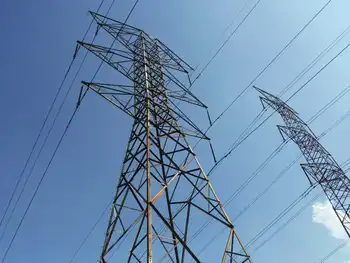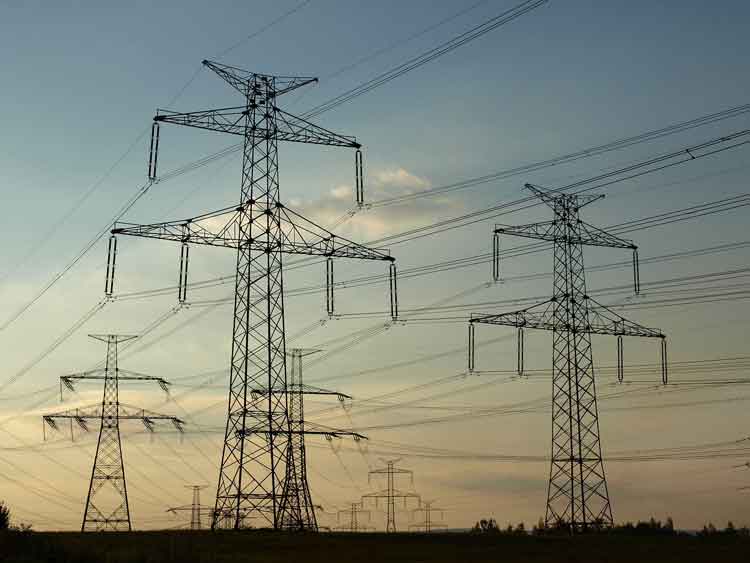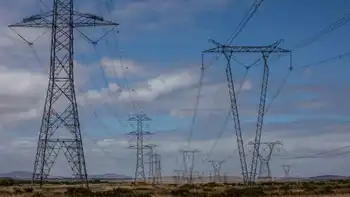China home to worldÂ’s largest hydro stations
By Industrial Info Resources
CSA Z462 Arc Flash Training - Electrical Safety Essentials
Our customized live online or in‑person group training can be delivered to your staff at your location.

- Live Online
- 6 hours Instructor-led
- Group Training Available
It will be the largest after the Three Gorges Dam on the Yangtze River in the Hubei provinces, and the Xiluodu Power Station on the Jinsha River between the Yuunan and Sichuan provinces.
China is now the world's leader and No. 1 investor in renewable energy, surpassing many companies in wind and hydropower. In 2005, the Chinese government approved the country's first Renewable Energy Law and since then, China has soared upward, taking time to amend the law as it constantly renews its commitments to climate change control and emissions reductions. Currently, China has more than 500 gigawatts GW of total installed capacity, though that figure is expected to double by 2025. Renewable energy accounts for only 7 of the current total, but China has set ambitious goals to increase renewable energy's stake in the total to 15 by 2020.
China has become a home to mega-hydropower stations in its attempt to harness the vast potential of renewable energy. Southern China, especially the Yuunan and Sichuan provinces, is on the road to becoming a major powerhouse for the country. And China will need every powerhouse it can get industry does not show any signs of slowing in the near future and, along with the economy, it is expected to keep growing with the population.
Baihetan Hydropower Station, which will kick off construction next year, joins Xiluodu Power Station and two other power stations as part of CTGGC's Jinsha River project. Each of the power stations has been designed to generate about 12 GW apiece, and the Jinsha River project will generate more electricity than the Three Gorges Dam when they are all fully operational. The Three Gorges Dam, the largest in the world, is expected to generate nearly 23 GW when its generators are brought online next year. CTGGC estimates that costs for Baihetan will reach more than $8 billion by the time it is completed in 2022.











